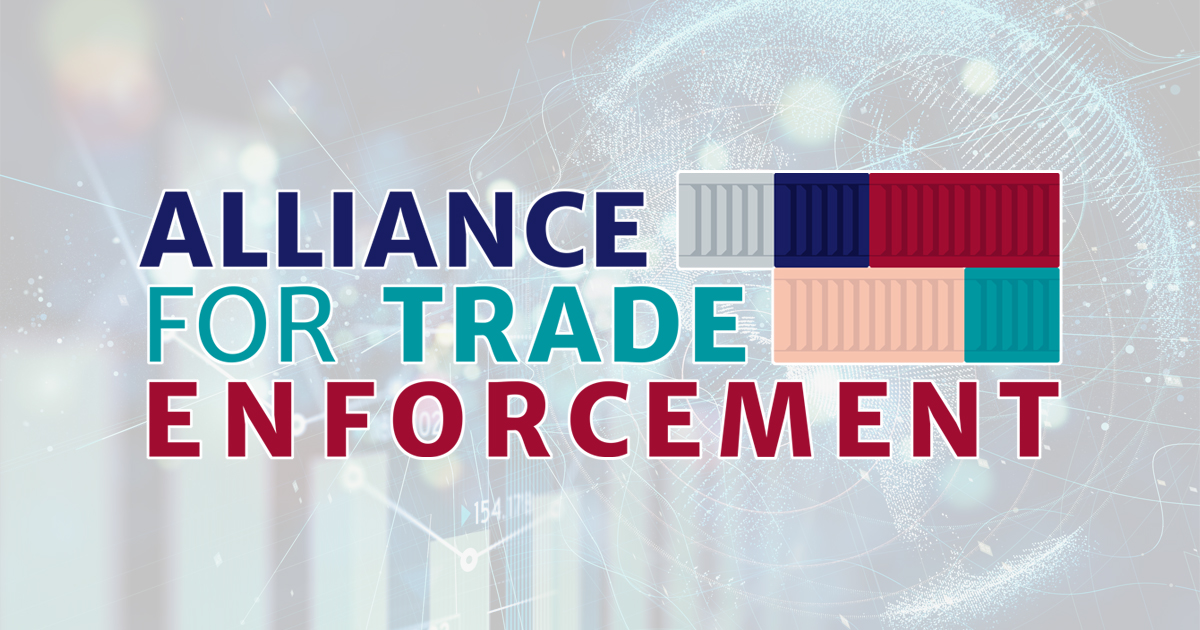|
During a recent Senate Finance Committee hearing, the nominee to be the Chief Agricultural Negotiator at the Office of the U.S. Trade Representative testified that USTR expects to develop enforcement mechanisms for the Indo-Pacific Economic Framework (IPEF).
This is extremely welcome news, as market access is — and must remain — a critical component of USTR’s core mission and a proactive trade policy that delivers for manufacturers, farmers, and the American economy. Enforceable obligations can improve rules and regulatory transparency, minimize non-tariff trade barriers, and advance science-based policies in the Indo-Pacific.
India, for example, requires certification that more than 20 agricultural products be GMO-free to enter the country, despite lacking any science-based reason for this trade barrier. This rule undercuts American farmers by severely limiting India’s imports of American apples, wheat, potatoes, rice, and other foods.
Indonesia restricts the import of corn used as feed grain, thereby prioritizing sales from domestic producers and boxing U.S. farmers out of the market.
Several countries — including Vietnam, Malaysia, and Indonesia — do not recognize U.S. meat plant inspections, instead performing their own inspections and approving U.S. exports on a plant-by-plant basis. This additional hurdle limits American exporters’ access to these growing markets.
Thailand, meanwhile, has effectively banned the import of U.S. pork due to American farmers’ use of ractopamine, an FDA-approved feed additive that enhances pigs’ growth.
These are just a fraction of the barriers to entry that U.S. agricultural exporters face in the Indo-Pacific — and that USTR must take proactive steps to tackle.
As we approach the first in-person IPEF ministerial in Los Angeles next week, USTR must work to address these and other trade barriers in the region — and push for the inclusion of effective enforcement mechanisms in IPEF to promote market access, smart regulation, and accountability. Enforceable obligations will make IPEF meaningful not just for agriculture, but for all other areas that will be covered by the agreement. |


